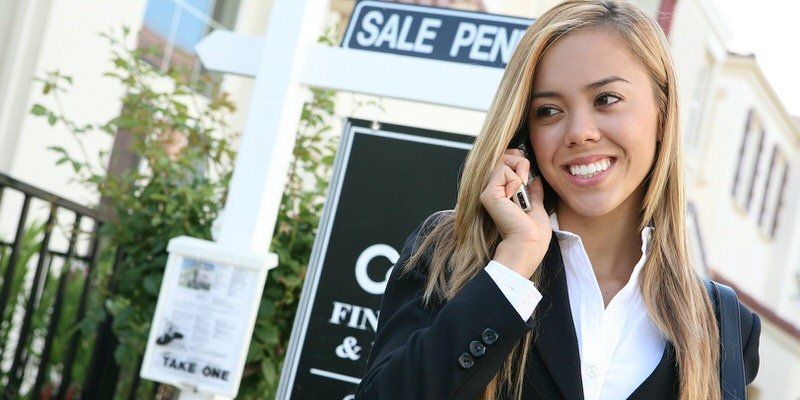New Paragraph
Deposit vs Downpayment
As part of the mortgage and real estate processes, there’s a lot of confusion around the differences between the deposit and the downpayment. It’s important to understand what sets them apart so you don’t get confused when it’s time to secure financing on a property once you have an accepted offer.
Deposit
A deposit, as it relates to real estate, is money that is included with a purchase contract, as a sign of good faith. It is the “consideration” that helps make up the contract. It’s what is used to bind you to the contract. Typically, when you make an offer to purchase on a property, you would include a certified cheque or a bank draft that gets held by your real estate brokerage while negotiations are being finalized. If your offer is accepted, the deposit is then placed “in trust” where it is held until just before your mortgage closes. The final step is when the deposit is transferred to the lawyer’s trust account and is included as part of your downpayment.
If you aren’t able to reach an agreement, the deposit is then returned to you. However if you come to an agreement, and then you back out of that agreement, your deposit is forfeited to the seller. Now, although the deposit is separate from the downpayment in that it’s money that goes ahead of the downpayment in the negotiation of the purchase, once everything is finalized, the deposit is then included in and makes up part of the total downpayment.
The amount you put forward as a deposit when negotiating the terms of a purchase contract is arbitrary, meaning there is no predefined or standard amount. Instead, it’s best to discuss this with your real estate professional as your deposit can be a negotiating factor in and of itself. A larger deposit may give you a better chance at having your offer accepted in a competitive situation. It also puts you on the hook for more if something changes down the line and you aren’t able to complete the purchase.
Downpayment
The downpayment can be defined as the initial payment made when something is bought on credit. In Canada, as it relates to the purchase of real estate, the minimum downpayment amount is 5%. This means that you have to come up with a minimum of 5% of the total price of the property you are purchasing. The lender will allow you to borrow the remaining 95% of the property value on credit through mortgage financing.
If you have 20% of the purchase price of the property available for a downpayment, you may qualify for conventional financing, which means you aren’t required to pay for mortgage default insurance through a provider like CMHC.
Example Scenario
Let’s say that you are looking to purchase a property worth $400k. You’re planning on making a downpayment of 10% or $40k. When you make the initial offer to purchase on the property, you put forward $10k as a deposit which is held by your real estate brokerage. The sellers aren’t comfortable with that amount, and they request you increase the deposit by $5k. You agree to these terms and the contract is finalized, you would then send another $5k to your real estate brokerage trust account making a total deposit of $15k.
Your deposit is held in trust until such time that it is sent to the lawyer’s trust account where it’s combined with the remaining $25k that you will be using for the downpayment. It’s not rocket science, but as there are a lot of moving parts, and some of the words can be used interchangeably, it’s good to go through it in detail.
If you have any questions about the deposit, and how it plays into the downpayment, please let me know. And if you have any other mortgage questions or simply want to discuss your personal financial situation, please contact me anytime. I’d love to work with you!
Share
RECENT POSTS


STAY INFORMED
Subscribe to my newsletter





